Jon Clark’s study of the effect of the modernization of a telephone exchange on exchange maintenance work and workers is a solid contribution to a debate that encompasses two lively issues in the history and sociology of technology: technological determinism and social constructivism.
Clark makes the point that the characteristics of a technology have a decisive influence on job skills and work organization. Put more strongly, technology can be a primary determinant of social and managerial organization. Clark believes this possibility has been obscured by the recent sociological fashion, exemplified by Braverman’s analysis, that emphasizes the way machinery reflects social choices. For Braverman, the shape of a technological system is subordinate to the manager’s desire to wrest control of the labor process from the workers. Technological change is construed as the outcome of negotiations among interested parties who seek to incorporate their own interests into the design and configuration of the machinery. This position represents the new mainstream called social constructivism.
The constructivists gain acceptance by misrepresenting technological determinism: technological determinists are supposed to believe, for example, that machinery imposes appropriate forms of order on society. The alternative to constructivism, in other words, is to view technology as existing outside society, capable of directly influencing skills and work organization.
Clark refutes the extremes of the constructivists by both theoretical and empirical arguments. Theoretically he defines “technology” in terms of relationships between social and technical variables. Attempts to reduce the meaning of technology to cold, hard metal are bound to fail, for machinery is just scrap unless it is organized functionally and supported by appropriate systems of operation and maintenance. At the empirical level Clark shows how a change at the telephone exchange from maintenance-intensive electromechanical switches to semielectronic switching systems altered work tasks, skills, training opportunities, administration, and organization of workers. Some changes Clark attributes to the particular way
management and labor unions negotiated the introduction of the technology, whereas others are seen as arising from the capabilities and nature of the technology itself. Thus Clark helps answer the question: “When is social choice decisive and when are the concrete characteristics of technology more important?”
Which of the following statements about the modernization of the telephone exchange is supported by information in the passage?
A. The new technology reduced the role of managers in labor negotiations.
B. The modernization was implemented without the consent of the employees directly affected by it.
C. The modernization had an impact that went significantly beyond maintenance routines.
D. Some of the maintenance workers felt victimized by the new technology.
E. The modernization gave credence to the view of advocate of social constructivism.
視頻解析
文字解析
GMAT會員
- 【OG18-P680-668題】In a review of 2,000 studies of human behavior that date back to the 1940s, two Swiss psychologists, declaring that since most of the studies had failed to control for such variables as social class and family size, none could be taken seriously.
- 【OG18-P680-671題】Manufacturers rate batteries in watt-hours; if they rate the watt-hour higher, the longer the battery can be expected to last.
- 【OG18-P680-672題】At the end of the 1930s, Duke Ellington was looking for a composer to assist him-someone not only who could arrange music for his successful big band, but mirroring his eccentric writing style as well in order to finish the many pieces he had started but never completed.
- 【OG20-P569-634題】Snowmaking machines work by spraying a mist that freezes immediately on contact with cold air. Because the sudden freezing kills bacteria, QuickFreeze is planning to market a wastewater purification system that works on the same principle. The process works only when temperatures are cold, however, so municipalities using it will still need to maintain a conventional system. Which of the following, if true, provides the strongest grounds for a prediction that municipalities will buy QuickFreeze's purification system despite the need to maintain a conventional purification system as well?
- 【OG20-P147-8題】(12 -13 )+(13 -14 )+(14 -15 )+(15 -16 )=

添加官方小助手微信
了解更多GMAT考試與咨詢


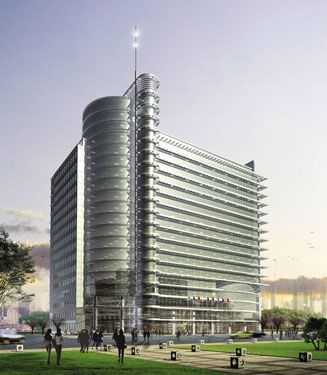


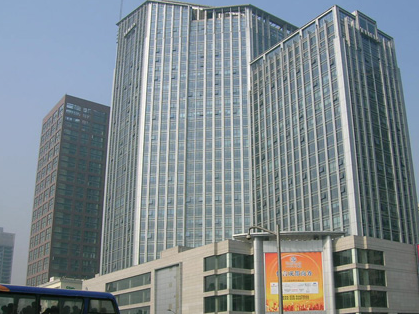

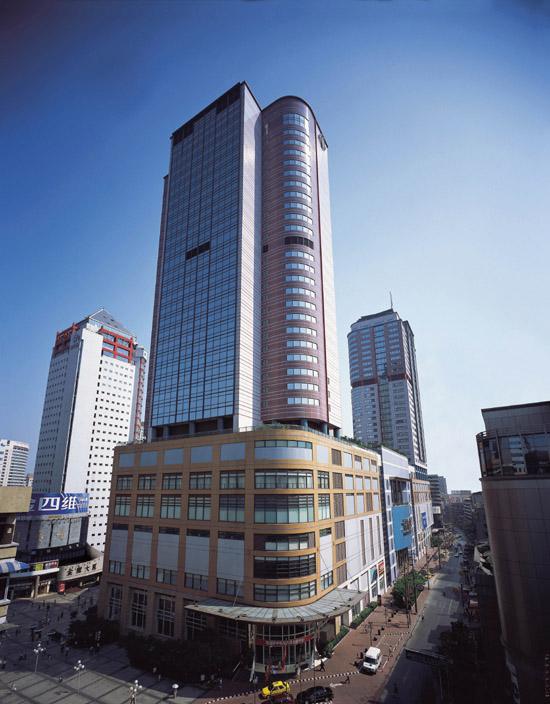

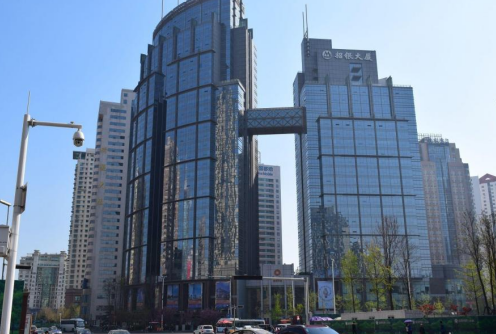





 400-1816-180
400-1816-180





 資深講師題題有解析
資深講師題題有解析






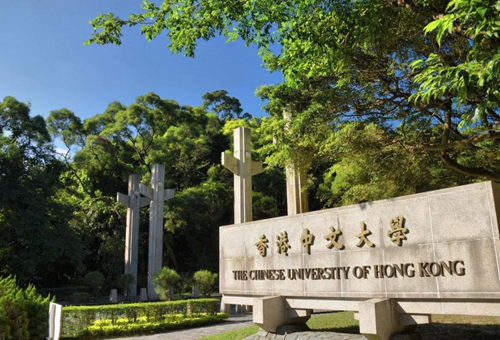








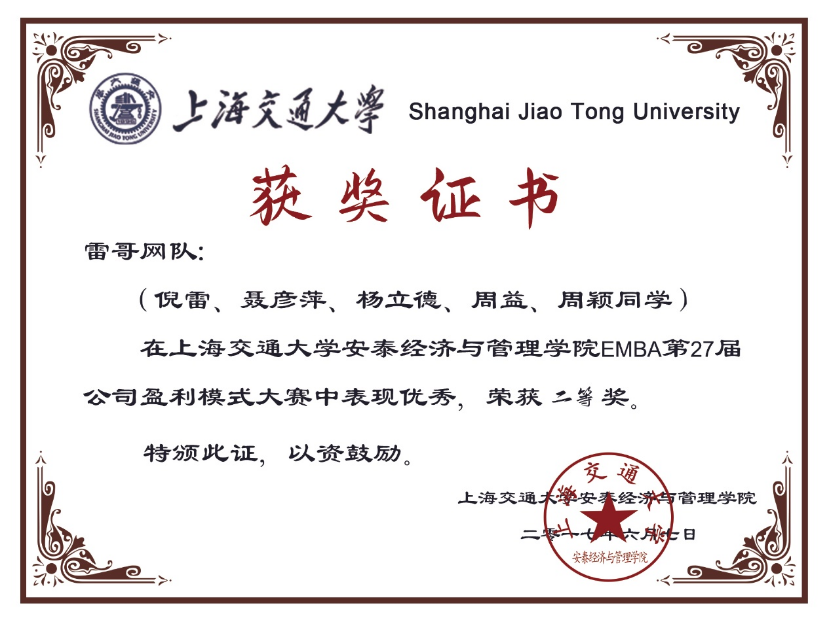
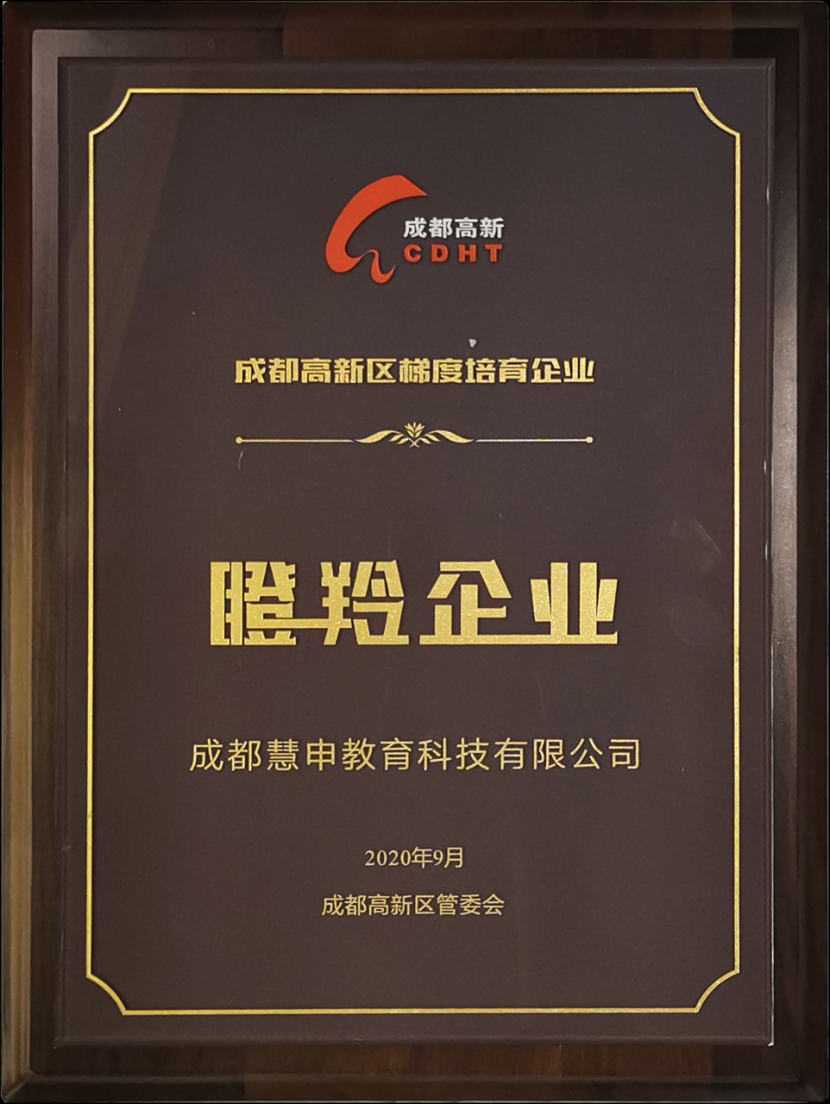





 12G備考資料
12G備考資料